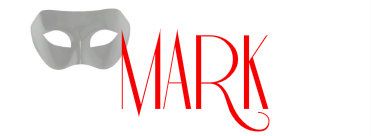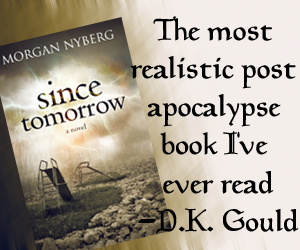5 tips to make book reviews more legit

Not everyone takes book reviews seriously ... and for good reason. There's a lot of fake reviews out there. Because of this, reviews by family members, close friends, and fellow authors are often easy to spot, lowering their value. The following five tips may give a review more legit status.
1. Think twice before writing a glowing 5 star review
Everyone loves praise, right?
Wrong!
The praise may leave a bad taste in someone's mouth if it's about someone else and seems less than genuine. Would you trust an author who posts tons of fake 5 star reviews?
Probably not.
So, don't inadvertently make the author look like he/she did. In other words, tone down the praise meter a notch or two. The review can still be very positive and most likely will be accepted by more people, especially since you won't be calling it the greatest thing since sliced bread (which few book are).
2. Don't be afraid to include constructive/negative comments
Book reviews that are all positive, even if they aren't glowing, might be passed over by some, so if there's something constructive to say, say it. If you don't like one of the characters, say so.
If the negativity level is minor, you could still get away with giving the book 5 stars, though there's nothing wrong with giving a book by a friend or family member something other than the highest rating.
In fact, doing so could help the author. Many people skip the positive reviews because they want to know what other people didn't like about the book. A few well-worded, constructive comments could make your review look more legit to the right book buyer.
3. Explain clichéd phrases
"This book is a page turner."
"I couldn't put it down."
"I wanted to read more."
There's nothing particularly wrong with these. I've used one recently myself, but so many reviews don't use much else. I don't know if people see such reviews as fake or not, but if you don't give people a reason to check out a book, your praise will go on deaf ears.
Why is the book a page turner? Why couldn't you put it down? Why do you want to read more?
What specifically did the author do to garner this reaction in you?
Provide some sort of proof that you actually read the book, and more people may consider your review legit.
4. Don't spoil it for the reader
Don't tell potential readers that the butler did it. That's far worse than any negative review.
I've seen reviews that spend several paragraphs on the plot or details about the characters. If I'm trying to decide if the book is for me, I glaze over those paragraphs because I don't want to learn all the nitty gritty from a reviewer. That's what's reading the book is for.
A few minor references is all I'm looking for. After all, isn't that what the synopsis is for?
(Of course, some synopses are poorly written, which could reflect on the book itself, but that's another matter.)
This tip works hand in hand with the two previous tips. Whether the comment is positive or negative, don't give away too much. If what you didn't like was a scene that contains a major spoiler, reference the scene without spoiling.
5. Don't reveal your relationship to the author
If you follow all of the above tips to the letter, writing the best possible review, including detailed positive and constructive comments, but reveal that you are the brother of the author, you lose all credibility.
And if you happen to be a fellow author, Amazon might pull your review if they think you are competition.
Personally I don't think there's anything wrong with family and friends reviewing books, but let's do so with a grain of intelligence.
What tips would you add to this list?

